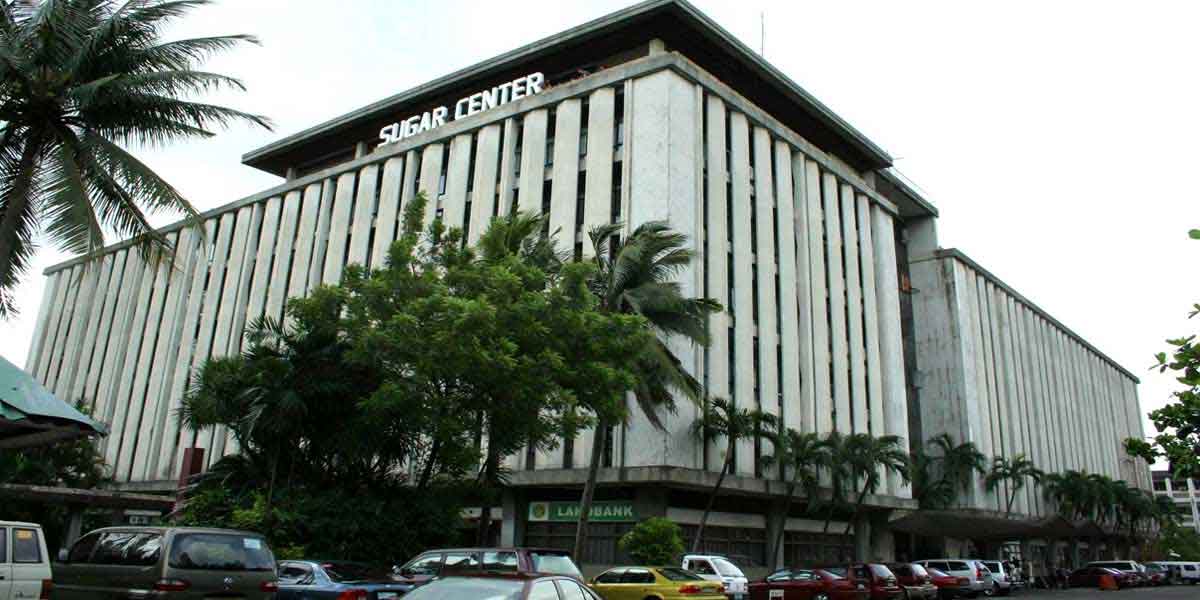By Joseph Bernard A. Marzan
Leptospirosis cases in Iloilo province increased this year, and the Iloilo Provincial Health Office (IPHO) believes that water in farms and flooding from torrential rains this year are major factors.
IPHO data as of June 24 indicated that 107 leptospirosis cases logged so far this year, a 296-percent jump from 27 cases posted in the same period in 2022.
Cabatuan recorded the most number of cases (14), a 1,300 percent jump from 1 case at around the same time last year.
The rest of this year’s cases were detected in Barotac Nuevo (12), Pototan (11), Anilao (7), Dingle and Oton (5 each), Santa Barbara, Dumangas, and San Enrique (4 each), and Mina (3).
Likewise, 2 leptospirosis deaths – 1 each from Badiangan and Carles towns – have been recorded this year, from zero in the same period last year.
Dr. Rodney Labis of the IPHO told the media on Monday that almost all cases were from farms and flood waters due to typhoon and monsoon-related rains this year.
Leptospirosis is a disease caused by the leptospira bacteria, which is commonly acquired through direct contact with urine, blood, or tissue of an infected animal, with contact through the skin or the linings of the eyes, nose, sinuses, and mouth.
Infection is mostly attributed to rat urine, with humans mostly being exposed during the rainy season through flood or canal waters.
Its symptoms include fever, muscle pain especially in the calves, headache, chills, redness of the eyes, frequent vomiting, stomachache, cough, and rashes.
More intense symptoms include liver, kidney, and brain damage which may manifest through yellowish skin or eyes, dark-colored urine, and low urine output.
“Leptospirosis cannot be acquired through wounds alone, but also when wading through or drinking contaminated water. Farmers are also at great risk because their work requires them to sink their feet into water in the fields which may also be contaminated by the disease,” Labis said.
Labis advised the public to stay away from waters from floods and farm fields when they can, and if exposure was inevitable, they would need to sanitize themselves as soon as possible.
“Swimming or wading in contaminated water, especially in flood water or in the fields must be avoided. If it cannot be avoided, personal protective equipment, including gloves and boots, must be used,” he said.
“Exposed body parts including the hands, feet, and other parts must be washed with [clean] water and soap after exposure. After any potential exposure, it is also advised to take post-exposure prophylaxis like doxycycline with proper guidance from the healthcare provider. The rat population in homes and in farms must also be controlled,” he added.
IPHO personnel have been providing technical and health promotion assistance to local government units (LGU) on leptospirosis and other diseases which may be acquired during the rainy season.
LGUs have also been coordinating with farmers’ associations, procuring and distributing prophylaxis medicine, and mobilizing their rural health unit personnel and barangay health workers.



















